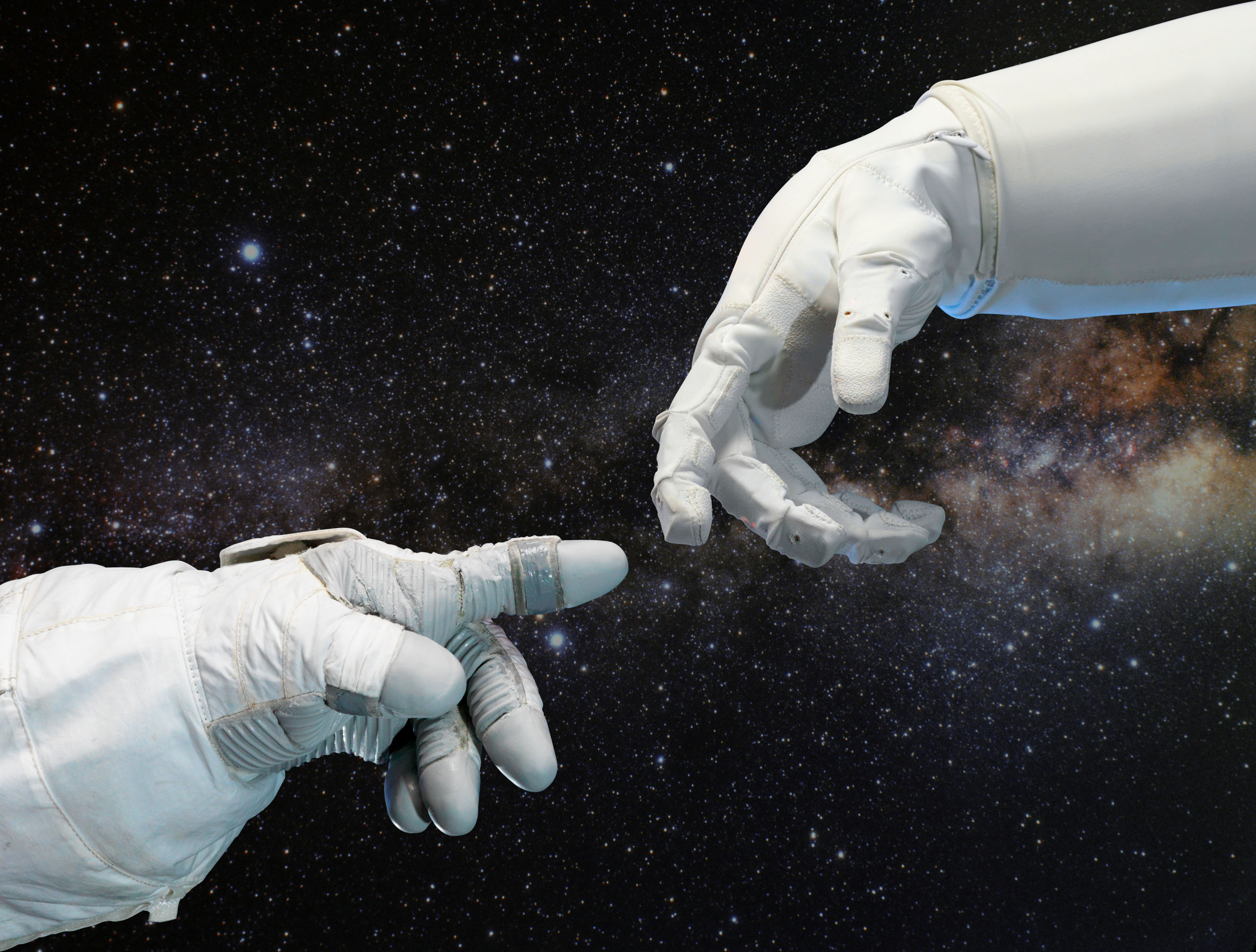
Will contact with intelligent aliens change religion?
It is a question that has gained greater traction as we have ventured farther into our solar system and beyond.

It is a question that has gained greater traction as we have ventured farther into our solar system and beyond.
Sara Imari Walker is an associate professor at the School of Earth and Space Exploration and deputy director of Beyond: Center for Fundamental Concepts in Science at Arizona State University in Tempe, Ariz. She is also the leader Emergence, an ASU research group focused on the origins of life here and elsewhere in the universe.
The Rev. David J. Collins is a Catholic priest, a Jesuit and an associate professor of history at Georgetown University in Washington, D.C., with an interest in science, religion and space. He sometimes teaches a course on outer space, science and religion.
Matthew Stanley is an astronomer and a professor of the history and philosophy of science at New York University. In 2016, he gave a talk at the annual meeting of the American Physical Society on the question of whether we are alone in the universe, and if we are not, what would that mean to our […]
Michael Waltemathe is the chair of practical theology at Ruhr-Universität Bochum in Bochum, Germany. Much of his research focuses on a “religious vision” of space travel and exploration.
Jim Funaro is an anthropology instructor at Cabrillo College in Aptos, Calif., and founder of the Contact Conference, an interdisciplinary conference on the future focused on contact with aliens. One of his main areas of interest is the cultural impacts of contact with alien life.
Albert A. Harrison is a professor emeritus of anthropology at the University of California, Davis. He is the author of Starstruck: Cosmic Visions in Science, Religion and Folklore and After Contact: The Human Response to Extraterrestrial Life.
Kathryn Denning is an associate professor of anthropology at York University in Toronto, Canada, where she teaches a course called “Anticipating the Alien.” Her focus is on what it means to be human in the universe and she works with SETI on studying the way scientists search for aliens.
Salman Hameed is an astronomer and associate professor of integrated science and humanities at Hampshire College. He is director of the Center for the Study of Science in Muslim Societies. He operates the science and religion blog called Irtiqa, which emphasizes debates about science in the Islamic world.